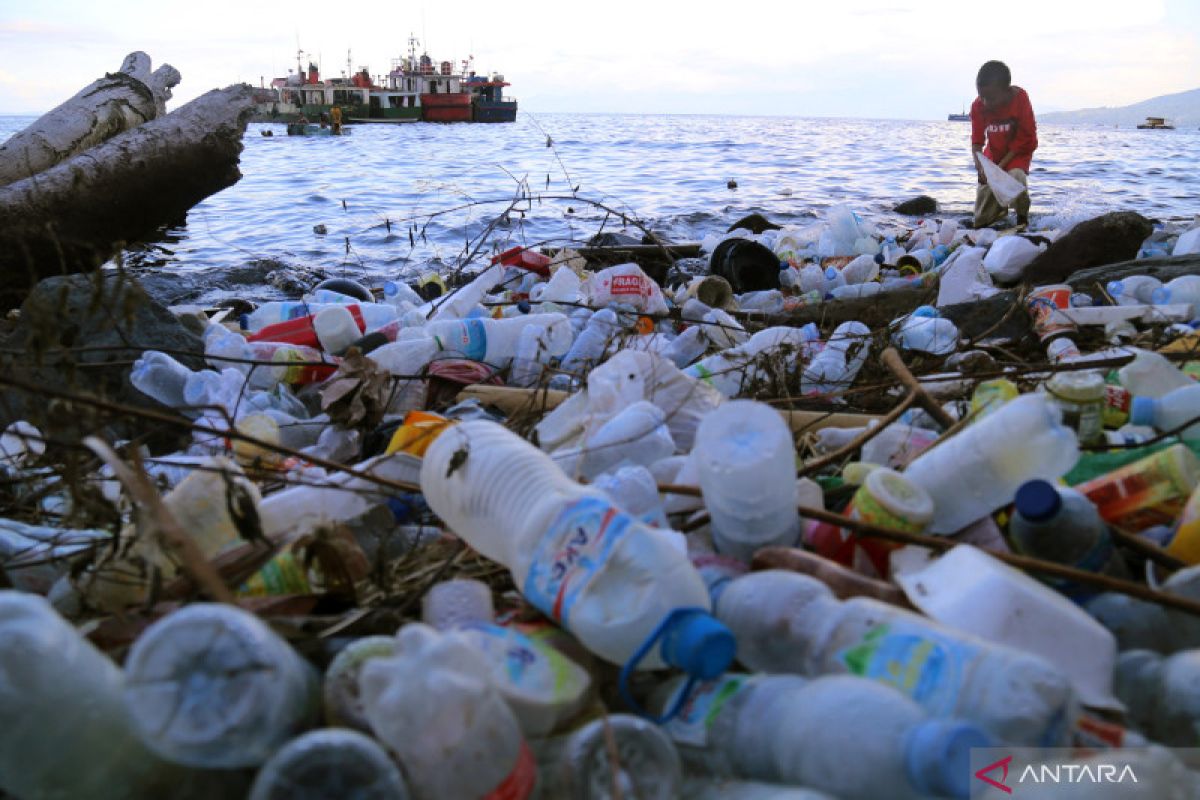
John Hawk Insunrated – Indonesia’s Strategy to Reduce Plastic Waste has gained momentum in recent years. The government recognizes the urgent need to address plastic pollution. Plastic waste threatens the environment, marine life, and human health. Therefore, Indonesia has launched several initiatives targeting plastic waste management and reduction. These initiatives involve policy changes, industry responsibility, and public awareness campaigns. Together, these efforts aim to transform the country’s approach to plastic consumption and disposal.
The Indonesian government has introduced regulations requiring producers to manage plastic packaging waste. This policy makes manufacturers accountable for the entire lifecycle of their plastic products. It encourages companies to design eco-friendly packaging and implement recycling programs. The policy also fosters innovation in biodegradable and reusable materials. Enforcement mechanisms are being strengthened to ensure compliance. Furthermore, producers collaborate with waste management organizations for effective implementation. This approach aligns with the global Extended Producer Responsibility (EPR) concept. It shifts the burden of plastic waste management from local governments to producers.
“Read about: Pittsburgh’s Sound Therapy Revolution: Music for Mind and Body”
Beyond regulations, Indonesia promotes lifestyle changes among its citizens. Reducing single-use plastic is a key message in public awareness campaigns. The government encourages people to use reusable bags, bottles, and containers. Educational programs in schools teach children about the importance of reducing plastic waste. Community groups and NGOs play vital roles in spreading awareness. Campaigns also highlight the environmental damage caused by plastic pollution. Social media platforms help reach a broader audience with these messages. By changing daily habits, Indonesians can contribute to a significant reduction in plastic waste.
Despite progress, challenges remain in Indonesia’s plastic waste reduction efforts. One major challenge is the lack of proper waste collection infrastructure in many regions. Rural and remote areas often lack adequate facilities, leading to illegal dumping or burning of plastic waste. Another challenge is the informal waste sector, which plays a crucial role but operates without formal recognition or support. Integrating informal waste collectors into the formal system could improve efficiency and worker welfare. Additionally, changing consumer behavior takes time and continuous effort. Resistance to adopting reusable alternatives still exists in some communities. Funding and technical expertise are also needed to scale up waste management technologies.
“Read more: Tangram SmartRope Rookie: The Future of Jump Rope Fitness”
Indonesia’s Strategy to Reduce Plastic Waste has already shown positive outcomes. Several major cities have reduced plastic bag usage through bans and fees. Recycling rates have increased as producer responsibility schemes take effect. Public participation in clean-up activities and recycling programs is growing steadily. International partnerships have supported capacity building and technology transfer efforts. The government’s commitment to the Ocean Cleanup Project demonstrates its dedication to tackling marine plastic pollution. Increased media coverage has raised national and international awareness of Indonesia’s plastic issues. These successes motivate further action and policy development within Indonesia’s Strategy to Reduce Plastic Waste.
Indonesia collaborates actively with international organizations to strengthen its plastic waste management. Partnerships with the United Nations Environment Programme (UNEP) and World Bank provide technical and financial support. These collaborations help implement best practices and innovative solutions. Sharing experiences with other countries facing similar challenges also proves beneficial. International funding enables pilot projects in recycling and waste-to-energy technologies. Cross-border cooperation helps address plastic waste that enters marine environments from multiple sources. Indonesia’s role in regional forums highlights its leadership in environmental sustainability.
Looking ahead, Indonesia plans to enhance its waste management systems nationwide. The government aims to achieve a significant reduction in plastic leakage into the environment by 2030. Expansion of recycling infrastructure and improved waste segregation are priorities. Increased investment in research and development for sustainable packaging materials will continue. Strengthening community engagement and education remains essential. Policymakers plan to introduce stricter regulations on plastic production and use. Efforts to formalize and empower the informal waste sector will also increase. By focusing on these areas, Indonesia hopes to build a circular economy and protect its rich biodiversity.
John Hawk Insunrated – The resurgence of analog aesthetics modern creative enthusiasts is redefining how artists and collectors engage with…
John Hawk Insunrated - personal experiments that changed my approach to daily decisions have profoundly influenced my mindset and problem-solving…
John Hawk Insunrated - creativity doesn’t have complicated formulas or rules, yet many assume innovation requires complex methods. Simplifying creativity…
John Hawk Insunrated - travel inspires my creative projects by opening new perspectives, enriching experiences, and sparking innovative ideas that…
John Hawk Insunrated - curiosity plays a vital role of curiosity personal growth by motivating individuals to explore new ideas,…